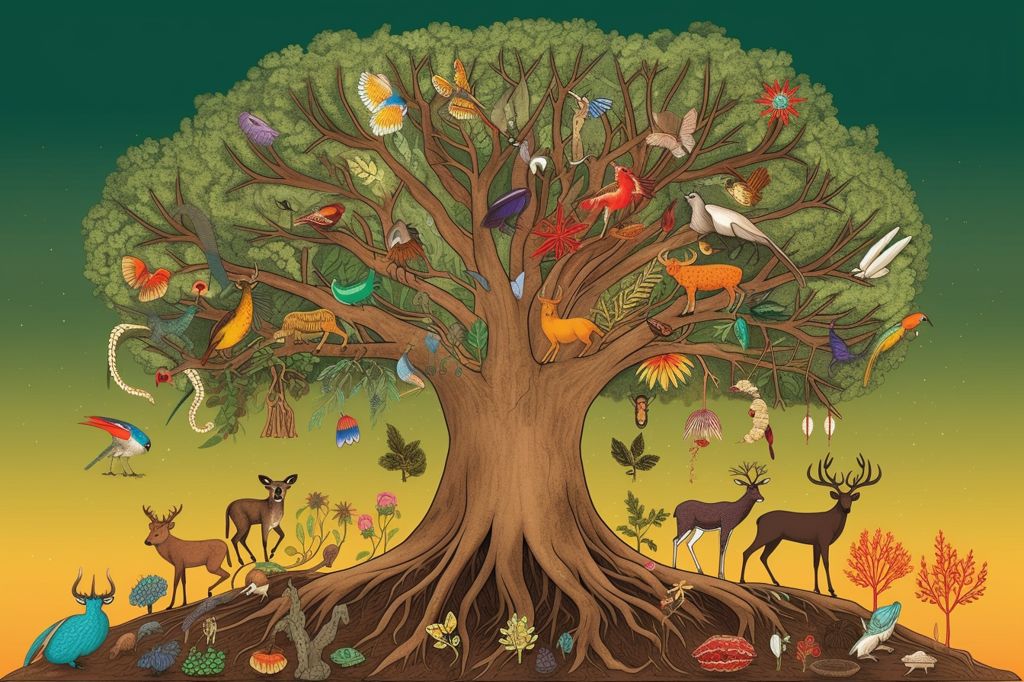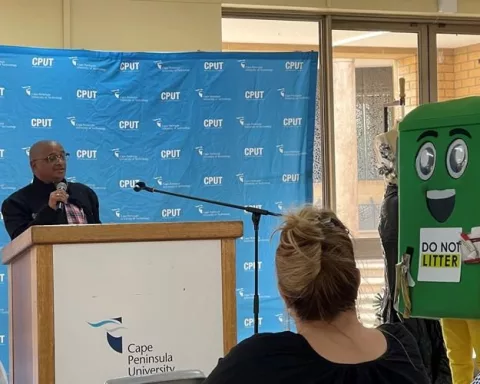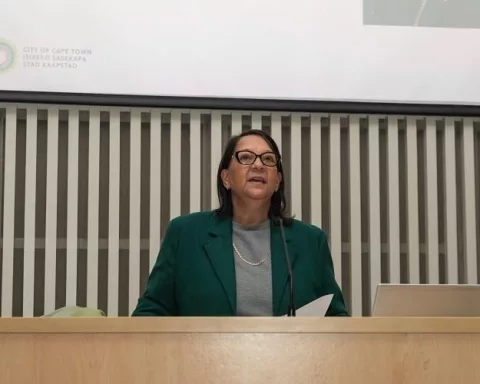The International Day of Biological Diversity is an essential event that marks the urgent need for biodiversity conservation. This year’s theme, “From Agreement to Action: Building Back Biodiversity,” emphasizes the importance of concrete action in the protection and restoration of biodiversity.
The Event
On May 22nd, the event will take place at the Origins Centre Museum, Wits University, in Johannesburg. This gathering aims to bring together businesses, policy-makers, conservationists, local communities, and indigenous peoples to discuss and take meaningful action towards a sustainable, biodiverse future.
Keynote Speaker
The South African Minister of Forestry, Fisheries, and the Environment, Barbara Creecy, will deliver the keynote address at the event. The gathering is co-hosted by the Endangered Wildlife Trust and aims to facilitate meaningful dialogue on how to restore and protect the nation’s biodiversity.
Role of the Private Sector
The event will explore the crucial role of the private sector in aligning with the National Biodiversity Strategy and Action Plan, which integrates biodiversity concerns into the realm of business. Engaging the private sector is vital for creating a sustainable, biodiverse future in a world increasingly dominated by corporate interests.
Global Biodiversity Framework
This year’s International Day of Biological Diversity event is significant as it is the first since the adoption of the Kunming-Montreal Global Biodiversity Framework. This groundbreaking framework acknowledges the importance of businesses, financial institutions, and non-state actors in achieving the Convention’s objectives.
Cross-Sectoral Approach
The gathering will discuss the importance of integrating biodiversity conservation into various sectors, such as agriculture, forestry, and fisheries. This cross-sectoral approach is crucial for ensuring that biodiversity conservation is not limited to protected areas but is incorporated into broader land-use planning and management.
Engaging Local Communities
The event will also examine the significance of engaging local communities and indigenous peoples in biodiversity conservation efforts. Acknowledging and respecting traditional knowledge and practices can contribute substantially to the success of conservation initiatives.
Global Environment Facility – Conservation International (GEF-CI) Project
The event is part of the approved GEF-CI project, which aims to develop business advisory groups to assist in formulating business-related policies under the Global Biodiversity Framework.
The International Day of Biological Diversity event at Wits University highlights the need for collaborative efforts and concrete action towards a sustainable, biodiverse future. By engaging various stakeholders, it is possible to work towards a future that benefits both people and nature.












